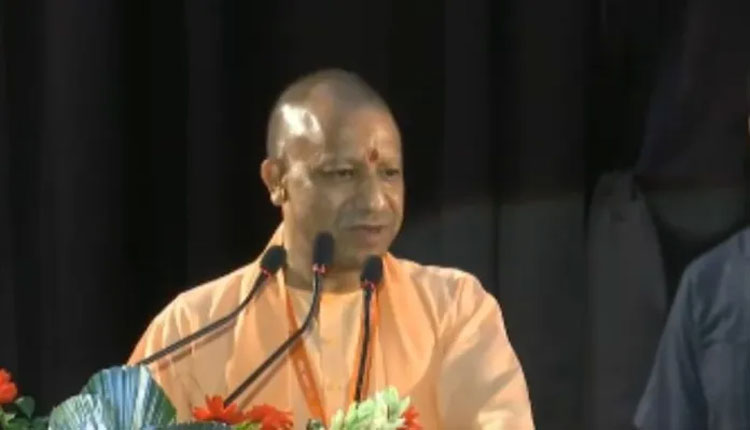New Delhi: The Uttar Pradesh Madrasa Act has been dubbed constitutional by the Supreme Court of India in a much-awaited decision made today. The ruling overruled earlier verdict by the Allahabad High Court’s Lucknow bench that had termed the act unconstitutional and ordered all the ‘madrassa’ students ought to be admitted to the regular schools.
Counsel argued it before a three-judge bench presided over by the Chief Justice of India (CJI) DY Chandrachud with Justices JB Pardiwala and Manoj Misra as the other two members. The bench of the Supreme Court said that the High Court was wrong in its decision and the UP Madras Act is still legal.
In its judgement the Supreme court underscored that the state governments have competency to govern the education and as a part of it, there are many fields such as curriculum, student health etc. The court said that while madrasas also offer religious classes, their main aim is still to educate students, and thus are covered by the state education system.
The Supreme Court said, and I quite agree with them, that no student can be compelled to take religious instructions which he/she does not wish to take. In a recent judgement, it emphasised the need to combine religious orientation of the board with other education opportunities available; the court also observed that the board could create systems where secular education can be procured side by side with religious education without touching the character of the madrasas.
Court Strikes Madrasa Degrees as Unconstitutional
However, the Supreme Court was not satisfied with the authority that was provided to the madrasa boards to award such fazi and kamil like degrees the provide said that these provisions were in violation of the University Grants Commission (UGC) Act. While it firmed that giving out such degrees was unconstitutional, the bench maintained the rest of the act. The ruling explained that despite the decision not hindering madrasas from carrying out their educational activities, the authority that issues recognised degrees should be taken away.
The Restatement of Decision that Overrules the Controversial High Court
The Lucknow bench of the Allahabad High Court had described the UP Madrasa Board Act earlier on 22nd March as unconstitutional here violating the spirit of the Indian Constitution. It had directed that all students of the madrasa should be shifted to secular schools, which was criticised for disregard of governance structure of the religious seminary.
While hearing the appeals filed against this order on 5th April the Supreme Court had put an interim stay on the operation of the High Court’s order. After detailed hearing, the apex court retained its judgement on 22nd October’2009 and today it released its judgement reversing the High Court’s view.
Government Responsibility in The Balance of Education
The bench concluded that to advance the state, the madrasa board could take associations and accord with the government to set up rudiments to give secular instruction without humiliating the religious orientation of madrasas. The ruling of the Supreme Court of India gives due credit to the need of establishing the religious value of the madrasas and the impending need of the educational redisposition.
This verdict is not viewed as the final word in the continuing debate between rights that religious organisations have for their schools and the government’s responsibility to protect education interests across the nation.



Comments are closed.